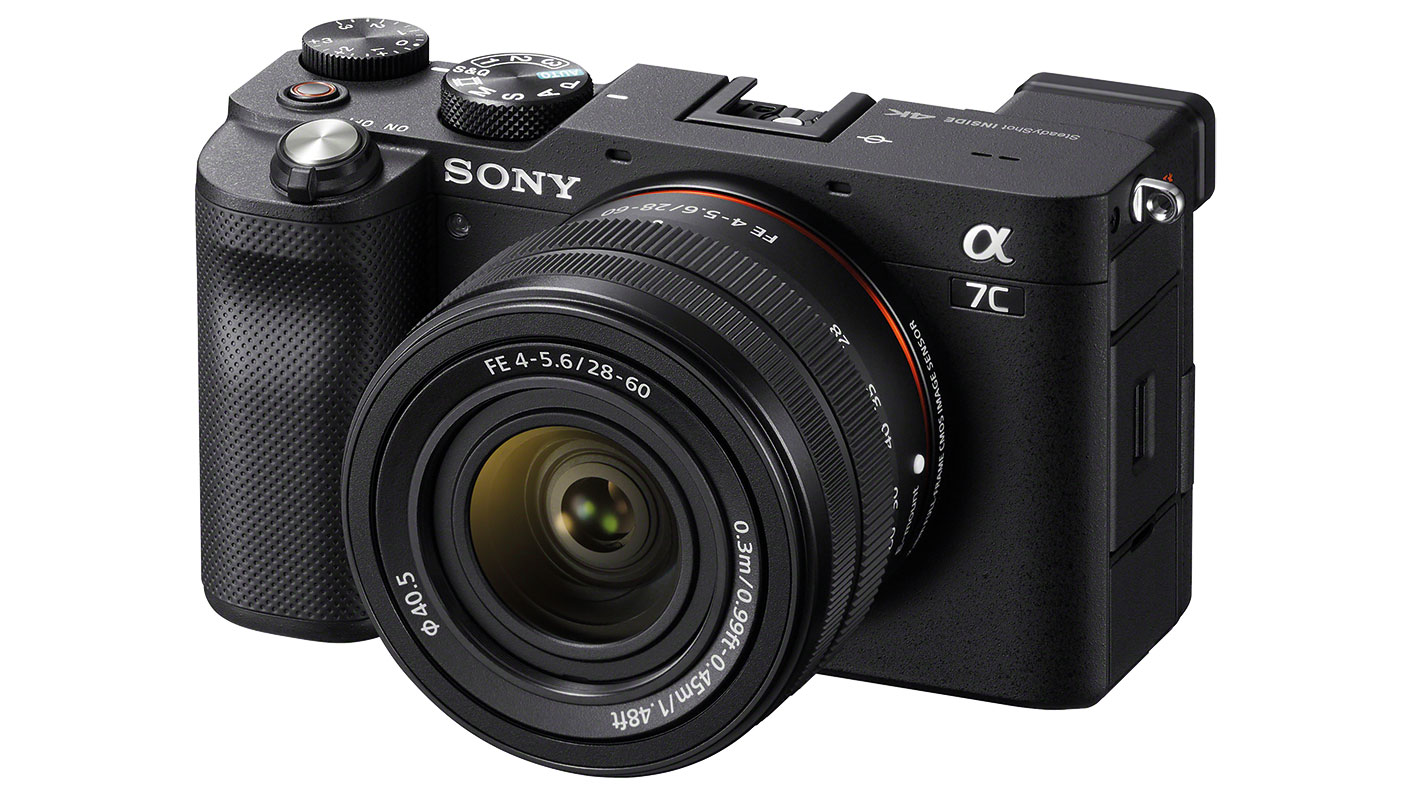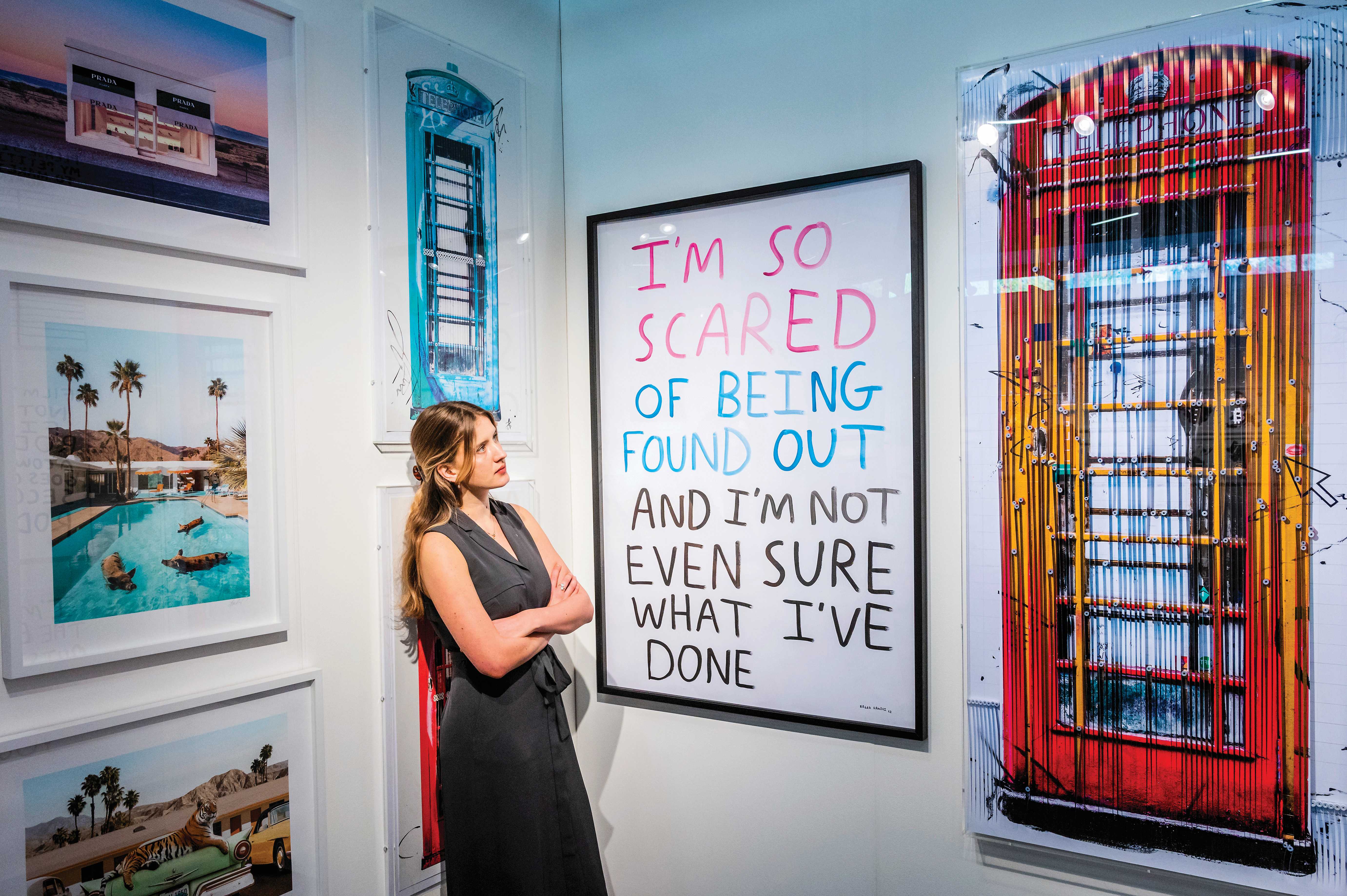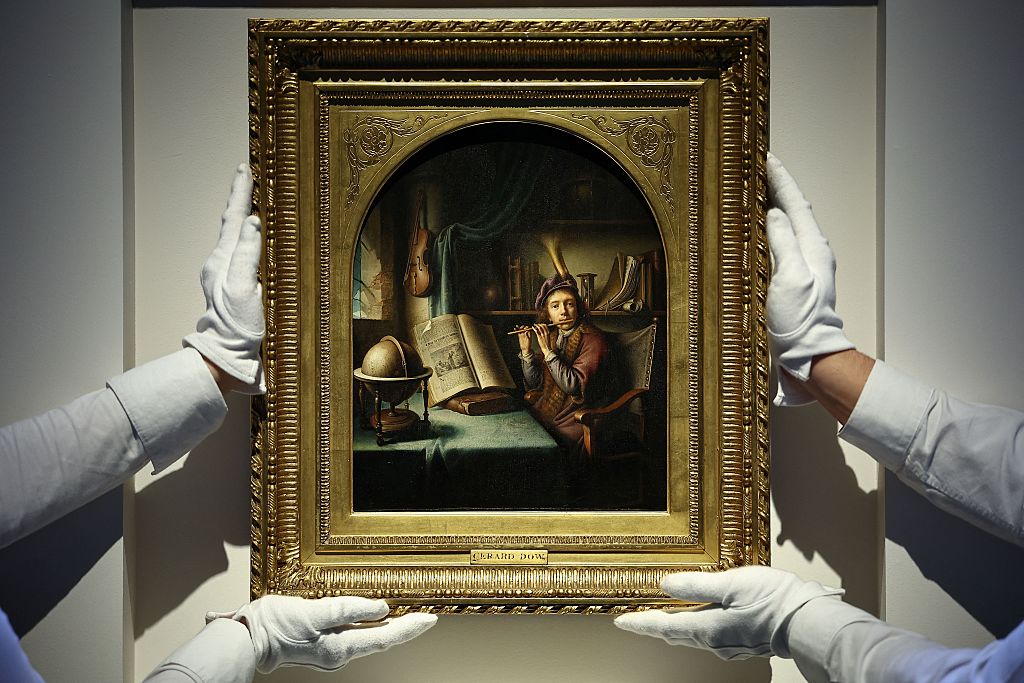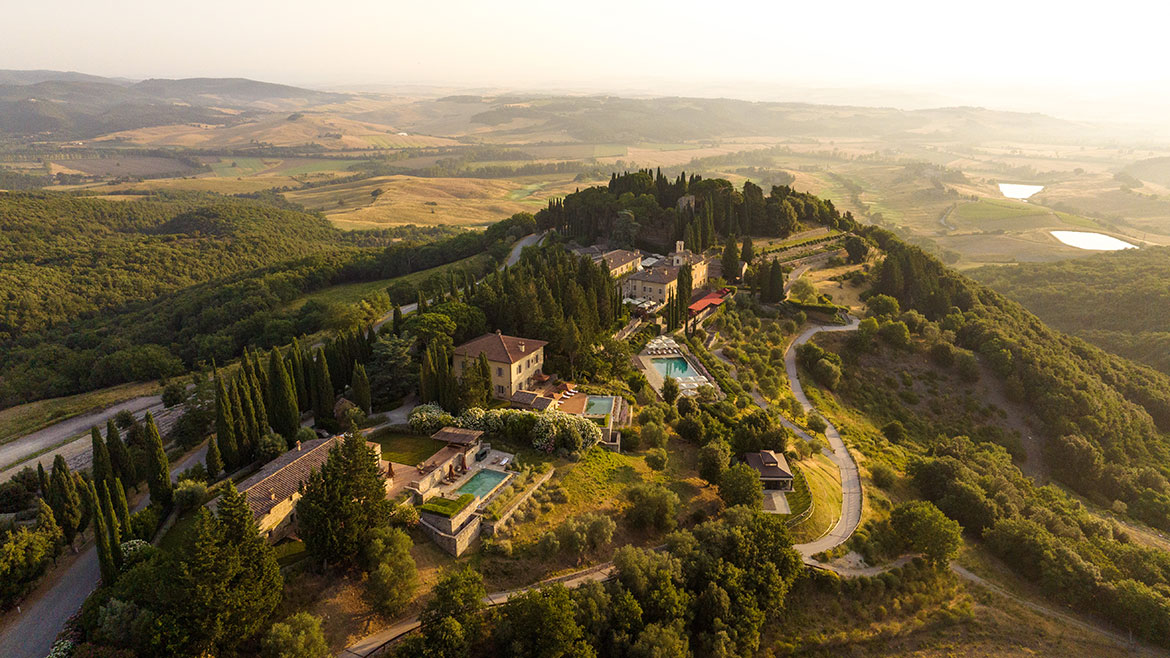Sony A7c: a pro-level camera at an affordable price
The Sony A7c will give you high-quality photographs without breaking the bank, says Matthew Partridge


Get the latest financial news, insights and expert analysis from our award-winning MoneyWeek team, to help you understand what really matters when it comes to your finances.
You are now subscribed
Your newsletter sign-up was successful
Want to add more newsletters?

Twice daily
MoneyWeek
Get the latest financial news, insights and expert analysis from our award-winning MoneyWeek team, to help you understand what really matters when it comes to your finances.

Four times a week
Look After My Bills
Sign up to our free money-saving newsletter, filled with the latest news and expert advice to help you find the best tips and deals for managing your bills. Start saving today!
One of the defining features of a serious camera is the size of its sensor. Smartphones and cameras intended for casual snaps typically have a sensor smaller than one inch. “Prosumer” and enthusiast cameras tend to have larger ones, affording better image quality (especially in low light). Many professionals prefer to go with “full-frame” sensors, which are an attempt to replicate the 35mm format used in the days of film. Sadly, these tend to be exponentially more expensive, as well as bigger and heavier, which is why APS-C (or “crop” sensor) cameras are often considered the best compromise for hobbyists.
The good news is that recently several camera companies have been trying to produce full-frame cameras priced at a level more affordable for non-professionals. The A7c is Sony’s attempt to break into this market. Weighing (and looking) almost identical to the a6100, a6400 and a6000, it is compact enough to fit in a large jacket pocket and comes with all the features you’d expect from the latest Sony cameras, including a fast, accurate autofocus that is regarded as the best available, and which can automatically track subjects’ eyes. This extends to video recording and the camera has the capacity to record long clips. The body stabilisation feature allows you to take pictures at very slow speeds without camera shake. The colours seem both vivid and natural.
There are a few downsides. Firstly, in order to make it look more compact, the camera has been designed in a “rangefinder” style, with the viewfinder to the left of the lens, and the viewfinder is smaller than those for typical cameras. It also lacks a built-in flash. And although the A7c is relatively cheap compared with most full-frame cameras, it is still roughly double the price of crop-sensor alternatives.
MoneyWeek
Subscribe to MoneyWeek today and get your first six magazine issues absolutely FREE

Sign up to Money Morning
Don't miss the latest investment and personal finances news, market analysis, plus money-saving tips with our free twice-daily newsletter
Don't miss the latest investment and personal finances news, market analysis, plus money-saving tips with our free twice-daily newsletter
Still, the A7c remains perhaps Sony’s most advanced camera and costs only around half to two-thirds the price of its other flagship models (such as the A9 and A9 Mark II). As someone who shoots a lot of theatre, where the level of light is limited, I normally have to use special lenses to ensure that the photographs don’t end up becoming too grainy. With the A7c, however, I am able to get large numbers of high-quality pictures using just the FE 28-60mm f/4-5.6 lens.
The Sony A7c costs £1,900 for the body only and £2,150 with the 28mm-60mm zoom lens. See sony.co.uk.
Get the latest financial news, insights and expert analysis from our award-winning MoneyWeek team, to help you understand what really matters when it comes to your finances.

-
 Should you buy an active ETF?
Should you buy an active ETF?ETFs are often mischaracterised as passive products, but they can be a convenient way to add active management to your portfolio
-
 Power up your pension before 5 April – easy ways to save before the tax year end
Power up your pension before 5 April – easy ways to save before the tax year endWith the end of the tax year looming, pension savers currently have a window to review and maximise what’s going into their retirement funds – we look at how
-
 Adventures in Saudi Arabia
Adventures in Saudi ArabiaTravel The kingdom of Saudi Arabia in the Middle East is rich in undiscovered natural beauty. Get there before everybody else does, says Merryn Somerset Webb
-
 Review: Constance Moofushi and Halaveli – respite in the Maldives
Review: Constance Moofushi and Halaveli – respite in the MaldivesTravel The Constance resorts of Moofushi and Halaveli on two idyllic islands in the Maldives offer two wonderful ways to unwind
-
 Affordable Art Fair: The art fair for beginners
Affordable Art Fair: The art fair for beginnersChris Carter talks to the Affordable Art Fair’s Hugo Barclay about how to start collecting art, the dos and don’ts, and more
-
 Review: Gundari, a luxury hotel in the Greek island of Folegandros
Review: Gundari, a luxury hotel in the Greek island of FolegandrosNicole García Mérida stayed at Gundari, a luxurious hotel on Folegandros, one of the lesser-known islands in the southern Cyclades in Greece
-
 Fine-art market sees buyers return
Fine-art market sees buyers returnWealthy bidders returned to the fine-art market last summer, amid rising demand from younger buyers. What does this mean for 2026?
-
 Review: Castiglion del Bosco, A Rosewood Hotel – a Tuscan rural idyll
Review: Castiglion del Bosco, A Rosewood Hotel – a Tuscan rural idyllTravel Play golf, drink exquisite wine and eat good food at Castiglion del Bosco, A Rosewood Hotel, all within the stunning Val d’Orcia National Park in Tuscany
-
 Review: A cultural tour of North India
Review: A cultural tour of North IndiaTravel Jessica Sheldon explores North India's food and art scene from three luxurious Leela Palace hotels in New Delhi, Jaipur and Udaipur
-
 The best luxury saunas, spas and icy plunges
The best luxury saunas, spas and icy plungesRestore your mind and body with luxury fire and ice experiences, from warming saunas to icy plunges